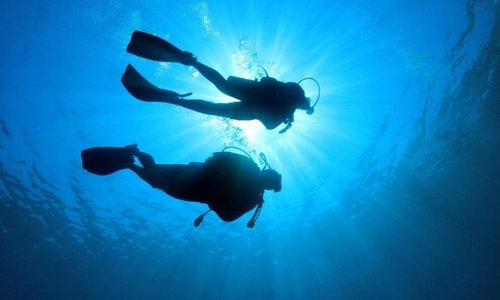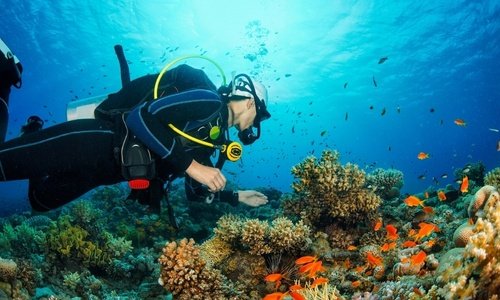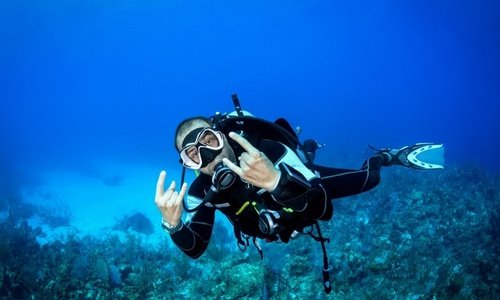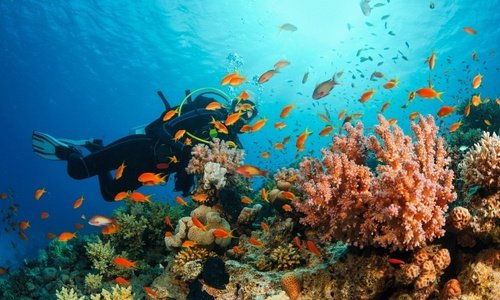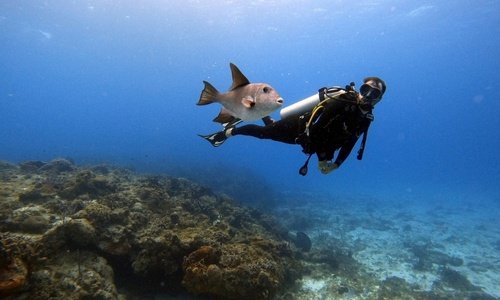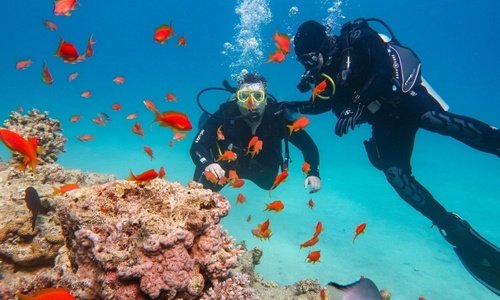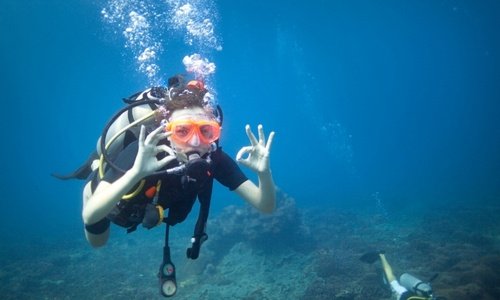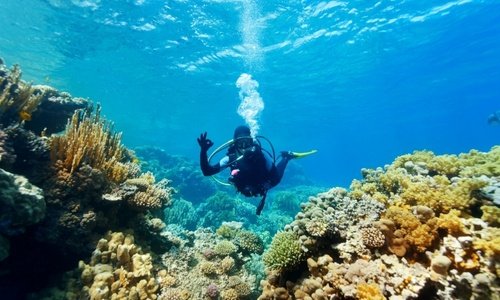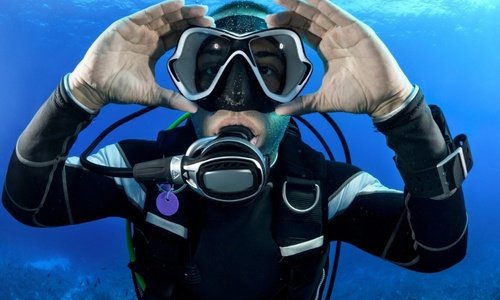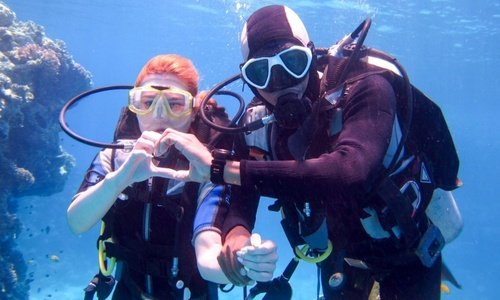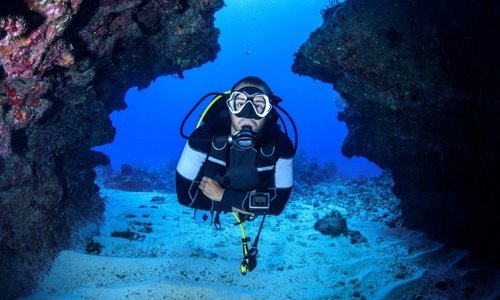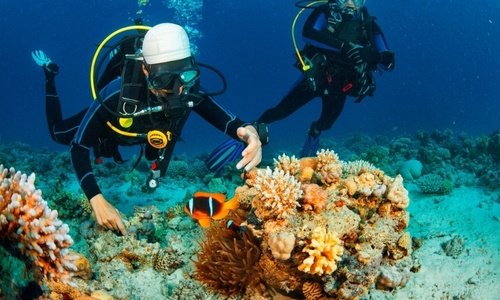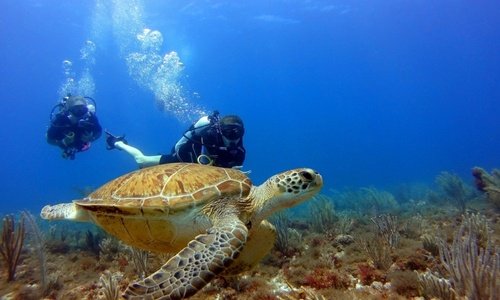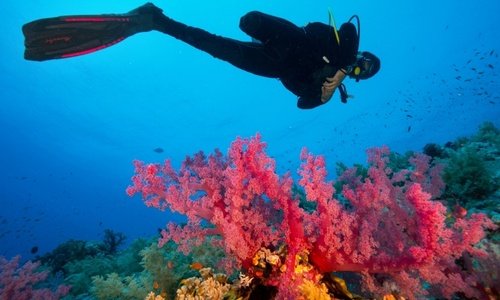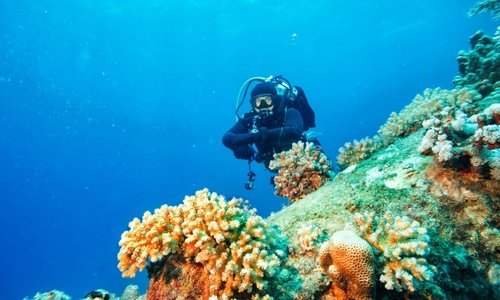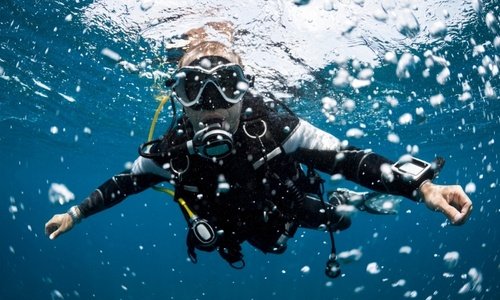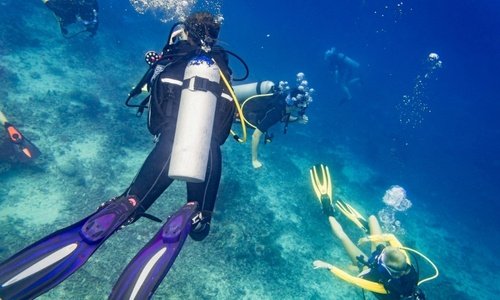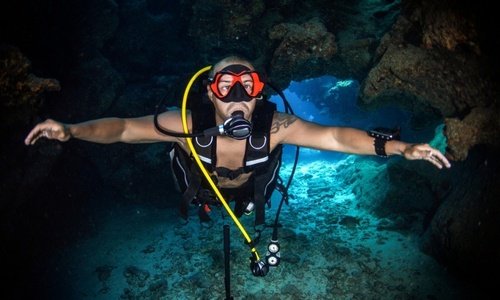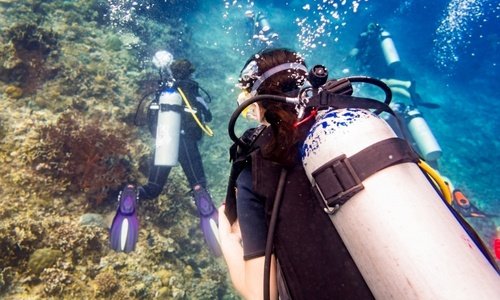Scuba Diving: Who Can Join the Underwater?
Exploring the Depths: Initial Scuba Diving Participation Criteria
Scuba diving offers an unparalleled gateway to the mysterious underwater world. Embarking on this exhilarating adventure necessitates adherence to strict safety prerequisites concerning health and physical fitness. Understanding who can participate in scuba diving safely is paramount for a rewarding experience. This guide provides a professional overview of the mandatory conditions for entry into certified diving programs.
Fundamental Requirements for Diving Entry
To enroll in accredited diving courses, candidates must meet several foundational criteria assessing readiness. These rules define the initial parameters for engaging safely in underwater activities. A demonstrable level of basic swimming competence is non-negotiable, ensuring comfort and capability in handling buoyancy and emergencies underwater. Furthermore, prospective divers must possess good overall physical conditioning to manage the equipment and environmental stress associated with diving.
- Age Restrictions: Standard certification usually requires participants to be 18 or older. Junior Diver programs may accommodate individuals starting at age 14 with verified parental consent.
- Swimming Proficiency: Candidates must prove fundamental aquatic capability required for safe participation in scuba diving.
- General Fitness: Good overall physical health is necessary to comfortably manage the moderate physical demands of diving activities.
- Training Compliance: Full comprehension and mastery of safety protocols and equipment operation theory are compulsory elements for all diving entrants.
Health Prerequisites: Medical Clearance for Underwater Exploration
Given the significant physiological demands imposed by changes in ambient pressure, medical screening is crucial before any participation in scuba diving activities. An individual's current medical status remains the most critical determinant for ensuring diving safety. We must determine who can participate in scuba diving based on robust health metrics.
Medical Conditions Potentially Restricting Diving Participation
Certain pre-existing conditions can significantly escalate the risk of barotrauma or compromise essential respiratory and circulatory functions. These cases mandate rigorous evaluation by a specialized Dive Medical Examiner (DME).
- Respiratory System Disorders: Conditions such as uncontrolled asthma or a history of spontaneous pneumothorax pose severe risks, as rapid pressure changes can inflict lung injury.
- Cardiovascular Issues: Untreated hypertension or recent cardiac events generally restrict participation due to the increased stress placed upon the heart during depth changes.
- Neurological Factors: History of epilepsy or severe, recurring migraines present risks related to potential loss of consciousness beneath the surface.
- ENT Conditions: Chronic middle ear issues or known difficulty equalizing pressure often prohibit safe diving, making this key for assessing who can participate in scuba diving.
If you manage any chronic ailment, obtaining comprehensive medical clearance from a DME is strongly recommended. Full disclosure on medical forms protects the entire dive team. Confirming fitness is the primary hurdle for anyone asking who can participate in scuba diving.
Introduction to Diving: Trial Dives and First Steps
For individuals eager to sample the underwater environment before committing to full certification, the introductory Discover Scuba Diving (DSD) experience is the ideal starting point. These sessions are supervised introductions, allowing novices to safely acclimatize to the breathing apparatus and underwater physics typically to a maximum depth of 12 meters.
 Who Benefits Most from a Trial Dive?
Who Benefits Most from a Trial Dive?
Discovery dives are highly accessible, generally requiring no prior formal training, though acute aquaphobia must be absent. An instructor provides direct, one-on-one guidance throughout the introductory session. This represents the most flexible initial answer to the question of who can participate in scuba diving without significant prerequisite coursework. If progressing toward becoming a certified scuba enthusiast is the goal, the subsequent, logical step involves enrolling in an Open Water certification course. These certifications formally define your safe operational limits, usually extending to 18–20 meters, ensuring subsequent dives remain both enjoyable and secure. Mastering these foundational skills confirms your ability to responsibly explore the aquatic realm. Scuba Diving Eligibility: Who Can Join the Underwater?.
-
CAMPAIGNS
-
BOOK NOW


